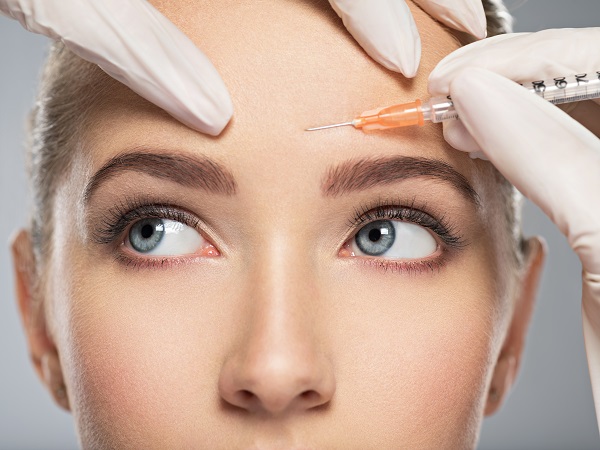How Often Is Facial Botox® Necessary?

Botox® injections are popularly known for their ability to reduce wrinkles and fine lines. Botox is often recommended for cosmetic reasons. But there are numerous benefits of using Botox in dentistry. It can be an ideal option for the treatment of several conditions. But it is advisable for people to learn about what treatment involves, and its risks and benefits. Read on to find out some important things about Botox treatment and when your dentist may recommend it.
Facial Botox
Botox is a toxin that is produced by a bacterium called Clostridium botulinum. Botox injections block particular chemical signals from nerves. These are mostly signals that cause muscle contractions. It usually blocks them for a couple of months, often three to four months.
Botox treatment frequency
The results of Botox treatments are not permanent. Botox only affects nerve communication temporarily. The effect usually lasts for three months or longer depending on the problem being treated. As it wears off, the signs and symptoms of the patient will return. Another dose might then be required. The dentist or doctor may recommend returning for maintenance doses periodically.
Botox in dentistry
Botox was approved by the FDA for use in cosmetic procedures. It is not expanding in its application. It is being used for a variety of conditions mainly because of the nerve-blocking benefits it offers. Botox can be an effective treatment for conditions marked by muscle spasms like facial dystonia since it paralyzes muscles temporarily. Dentists use it for cosmetic procedures and to treat a variety of conditions including TMJ disorders.
TMJ disorders
The temporomandibular joint (TMJ) is an important joint that connects the lower jaw to a person’s skull. The joint allows the jaw to open and close, which makes it possible for people to eat and speak. TMJ disorders are known to cause pain in the jaw joint as well as the muscles that control jaw movement. Botox can be a beneficial treatment option when other methods have not worked. Botox can help treat some of the symptoms of TMJ disorders including jaw tension and headaches. It can also treat lockjaw in cases of severe stress.
Although Botox can be effective in treating TMJ in some patients, this treatment for the disorders is experimental. It has not been approved for use in TMJ disorders by the U.S. Food and Drug Administration (FDA). It is also important for people to be aware of the side effects of Botox for TMJ treatment. These include headache, nausea, temporary eyelid droop, flu-like illness, and respiratory infection.
Takeaway
Facial Botox is not just beneficial for cosmetic conditions. It can also help to address a number of medical conditions. More dentists are recommending Botox treatments for their patients. But patients should be aware that the results only last for a few months. The good thing is that regular follow-up injections can help to maintain the effects. The dentist or doctor is better suited to determine how often Botox injections are needed. If you want to find out more about facial Botox injections, talk to your dentist today.
Are you considering facial Botox in the Fort Lee area? Get more information at https://fortleefamilydental.com.
Check out what others are saying about our dental services on Yelp: Botox in Fort Lee, NJ.
Recent Posts
Many individuals experience symptoms of TMJ, and Botox® is becoming a popular way to treat the illness. TMJ can be very painful and cause a lot of discomfort in your jawbone. It has been known to cause muscle aching and a clicking sound while moving the jaw, and in some cases, it will cause the…
Botox® is most widely known as a cosmetic treatment that is commonly used to reduce wrinkles and fine lines. Many people do not know that Botox® can also be used for dental benefits. Dentists use it partly for cosmetic benefits but also to relieve some dental conditions ranging from mild to severe cases, such as TMJ…
People generally associate Botox® with facial cosmetic treatments. However, botox can also be used by dentists to alleviate various conditions of the jaw. As a muscle relaxant, Botox can relieve tooth-grinding and similar bad habits. This, in turn, can help reduce ongoing damage to the teeth. Before scheduling an appointment, it is important to know…
Wondering if dental Botox® is the right choice for you? Common types of Botox® treatments that dentists provide for their patients include smoothing out forehead wrinkles, smoothing out wrinkles around the eyes, helping patients who have been diagnosed with bruxism to not grind or clench their teeth and helping patients who have been diagnosed with…


